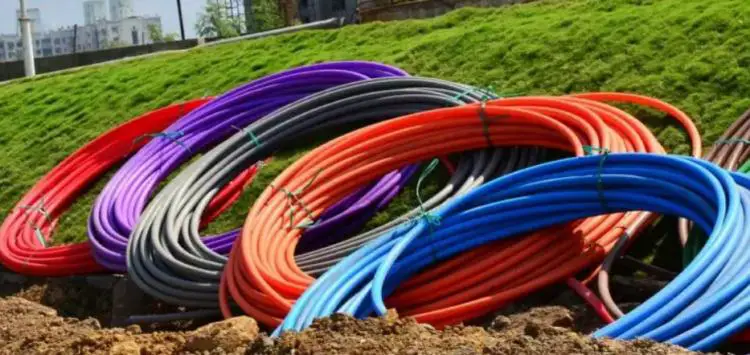Liquid Intelligent Technologies has opened an Internet Point of Presence in Miami, connecting to the Liquid network via a South Atlantic subsea cable.
In a statement, the technologies company says the new POP is connected to their 100,000km of fibre across 11 countries on the continent and another 14 countries via the Operators Alliance Programme and Liquid Satellite Services.
This is part of Liquid’s East-West route between the US and Asia via Africa.
The company says the move will result in customers being able to leverage a better connection to the US, giving them access to Cloud services, OTT resources, Internet content and high-quality voice and video calls with family and business partners.
Speaking about the impact, David Eurin, Chief Executive Officer, Liquid Sea, said the new POP in Miami will enable US-based operators, businesses, OTT, Cloud service providers and CDN operators to access 40 data centres across Africa, including nine data centres operated by Africa Data Centres and six operated by Teraco.
“We will be able to interconnect with all our partners in the USA and provide a direct connection to US Internet resources to our Africa customers,” he said.
The technology company will connect to Miami via Fortaleza in Brazil and Luanda in Angola via the South Atlantic SACS and MONET subsea cables. The POP will be hosted at the Equinix data centre in Miami.
Kenya exploring on West Africa stop-over to promote Caribbean flights
To guarantee the best level of service, Liquid says it will peer at Equinix Miami Internet Exchange (MI3 in Boca Raton) with access to 116 potential peers, including most of the largest US companies. Liquid can already provide access to all data centres and millions of destinations in North America through its partnership with ZAYO.
Notably, an important destination to African business customers and consumers, connecting Africa to the USA enables more opportunities for global trade and encourages cooperation, as indicated by the growing interest from companies in North America to invest in Africa. A significant part of Liquid’s IP transit traffic is routing towards the USA.
This connection comes off the back of the recent announcements of a $300 million loan by USA-based DFC and a new equity investment of approximately US$90 million by the IFC into Liquid’s data centre capacity expansion in Africa through Africa Data Centres.

“With the Miami POP and new direct link across the South Atlantic, latency is expected to fall by 100ms to 163ms. Currently, Cape Town to Miami is sitting at 263ms via Europe. (www.traildusttown.com) Video calls with family and business partners will be faster and of better quality thanks to a direct, lower latency route,” the company noted.
The development has been announced more than a month after the company partnered with Facebook to build an extensive long haul and metro fibre network in the Democratic Republic of Congo (DRC).
The network is expected to improve internet access for more than 30 million people and help meet growing demand for regional connectivity across Central Africa.
According to the partners, Facebook will invest in the fibre build and support network planning,k while Liquid Technologies will own, build and operate the fibre network, and provide wholesale services to mobile network operators and internet service providers.
The network will help create a digital corridor from the Atlantic Ocean through the Congo Rainforest, the second largest rainforest after the Amazon, to East Africa, and onto the Indian Ocean.
Africa is already connected, NOT by Facebook and Google
Liquid Technologies said it has been working on the digital corridor for more than two years, which now reaches Central DRC. This corridor will connect DRC to its neighbouring countries including Angola, Congo Brazzaville, Rwanda, Tanzania, Uganda, and Zambia.
The new build will stretch from Central DRC to the Eastern border with Rwanda and extend the reach of 2Africa, a major undersea cable that will land along both the East and West African coasts, and better connect Africa to the Middle East and Europe.
Additionally, Liquid will employ more than 5,000 people from local communities to build the fibre network.
“This is one of the most difficult fibre builds ever undertaken, crossing more than 2,000 kilometres of some of the most challenging terrain in the world” said Nic Rudnick, Group CEO of Liquid Intelligent Technologies.
“Liquid Technologies and Facebook have a common mission to provide affordable infrastructure to bridge connectivity gaps, and we believe our work together will have a tremendous impact on internet accessibility across the region.”











